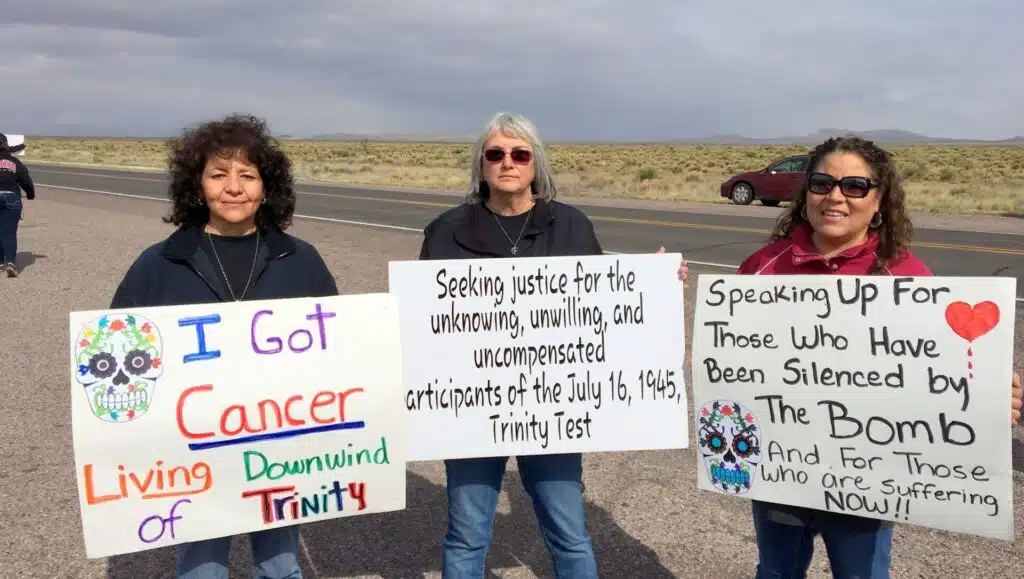Congress recently decided not to expand the 1990 Radiation Exposure Compensation Act to include several additional Western states (including Trinity Test downwinders in New Mexico), as well as tribal uranium miners and Missouri residents impacted by contamination from illegal dumping of Manhattan Project wastes. As the empirical evidence of the radiological legacy of the Manhattan Project and the early Cold War grows, the Congressional Budget Office puts the price-tag for the expansion of RECA to include victims not accounted for in earlier legislation at $147 billion over the next 10 years.
Despite the price tag and the recent congressional decision not to expand RECA, the effort to gain compensation for more radiation victims is far from dead—especially with elections looming in less than a year. RECA expansion has received unusual bi-partisan support in Congress, especially from members representing “red states” impacted by the early nuclear weapons program. And cancer victims and their families are well organized and not giving up.
